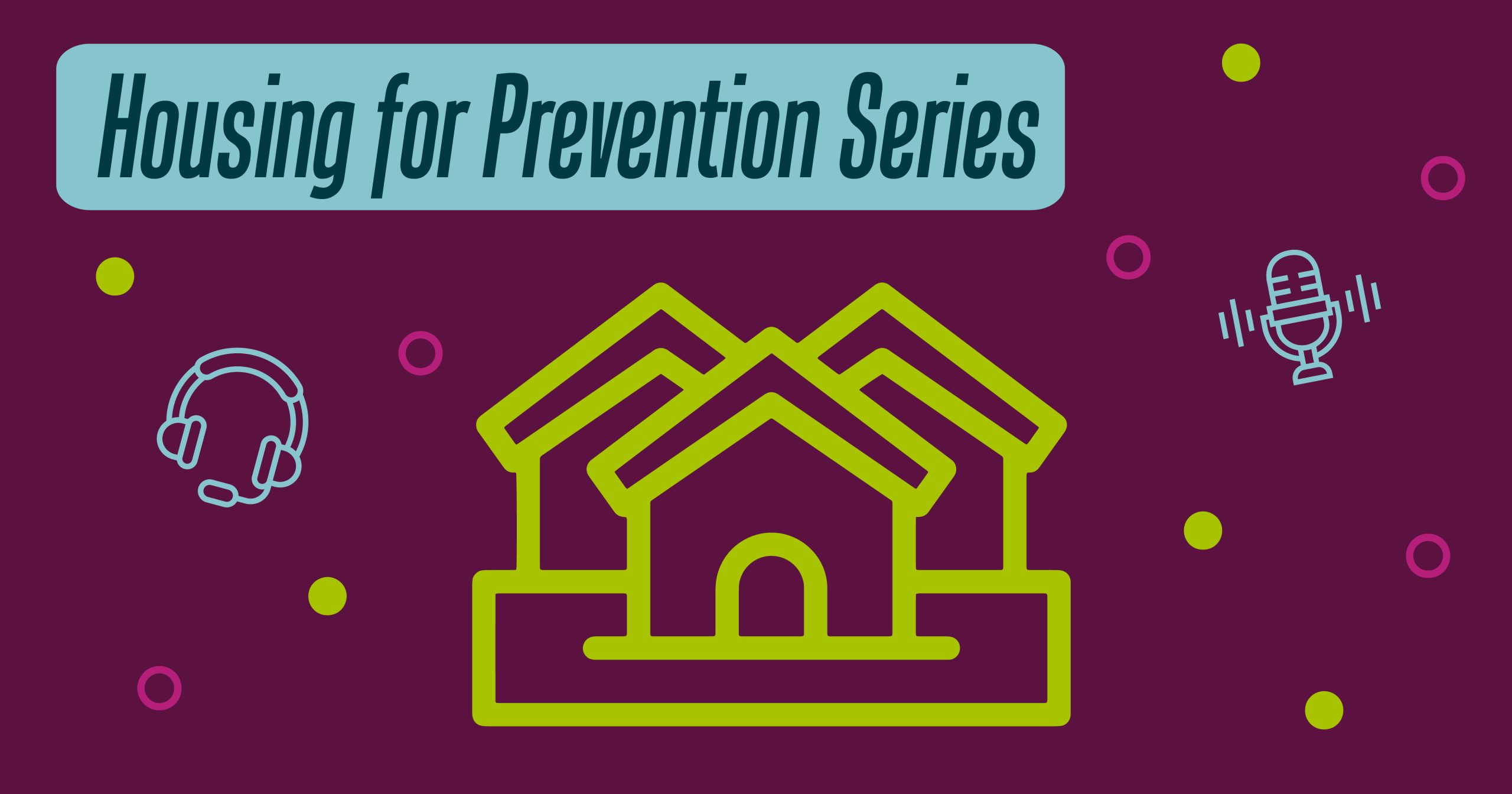
These four episodes are part of a series on housing for prevention that we co-created with the National Resource Center on Domestic Violence. Our organizations collaborate on an initiative that supports advocates in meeting the housing needs of survivors. And, in reflecting on that work together, we became eager to talk about the ways that housing is also a tool for preventing violence.
Housing for Prevention: Rebekah Moses in conversation with Mel Pasignajen
In this episode of our Housing for Prevention series, Rebekah Moses with GBV Consulting talks with Mel Pasignajen about prevention lessons learned from working in the domestic violence, sexual violence, and HIV fields.
In this episode of our Housing for Prevention series, Caroline LaPorte and Gwendolyn Packard from the STTARS Indigenous Safe Housing Center talk with Melissa Brings Them about her work in the Native communities in South Minneapolis with those struggling with homelessness and addiction.
Housing for Prevention: Janae Sargent and Ashleigh Klein-Jimenez in conversation with Gabby Boyle
In this collaborative episode of our Housing for Prevention series, Janae Sargent and Ashleigh Klein-Jimenez from ValorUS talk with Gabby Boyle from the Sexual Trauma & Abuse Care Center in Lawrence, KS. This episode originally aired on July 27, 2023, on Valor’s podcast channel PreventConnect, under the title “Housing Justice as Prevention.” It was part of their series previewing workshops at the National Sexual Assault Conference.
Housing for Prevention: Series Recap
In this final episode of our Housing for Prevention series, Brittany Eltringham from NRCDV, Louie Marven from NSVRC, and Mo Lewis from NSVRC draw connections between the conversations in each of the three episodes and share their insights, highlighting the many ways prevention is linked to housing.
